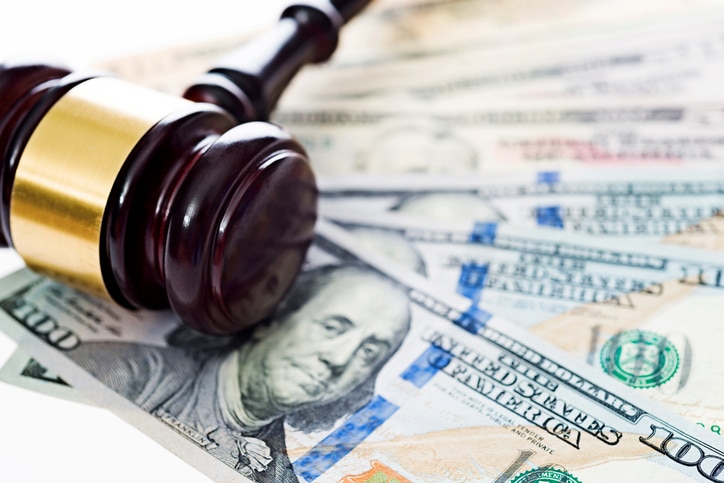SEC Issues $400,000 Whistleblower Award, Considers Significance of Information and Whistleblower’s Culpability

On October 13, the U.S. Securities and Exchange Commission (SEC) issued a $400,000 whistleblower award. The awarded whistleblower voluntarily provided original information that led to a successful enforcement action.
The award order explains that the whistleblower “alerted Commission staff to the conduct, prompting the opening of the investigation, and thereafter provided significant additional information and assistance during the course of the investigation, including communicating with Commission staff multiple times and providing helpful documents.”
Through the SEC Whistleblower Program, qualified whistleblowers are entitled to monetary awards of 10-30% of the funds collected by the SEC in the enforcement action aided by their disclosure. The SEC weighs a number of factors in determining the exact percentage to award a whistleblower, including the significance of information, degree of further assistance, unreasonably reporting delays, and culpability.
Under a 2020 rule (Rule 21F-6(c)), in cases where an award would be for less than $5 million and no negative factors are present there is a presumption that the maximum 30% will be awarded. In this case, however, the SEC notes that “because the negative factor of culpability is present, the 30% presumption under Rule 21F-6(c) does not apply here.”
The SEC explains that the whistleblower “had some involvement in two of the transactions that were charged by the Commission in the Covered Action.”
In August, the SEC issued the fourth largest award in the history of the SEC Whistleblower Program: $104 million granted to seven whistleblowers.
Overall, the SEC has awarded more than $1.5 billion to more than 200 individual whistleblowers.
Kohn, Kohn & Colapinto recently launched an index tracking all the award orders issued by the SEC.
“This index should serve as an invaluable resource to whistleblower attorneys, whistleblowers who represent themselves, and potential informants for securities and commodities violations worldwide,” said KKC Founding Partner Stephen M. Kohn, who has written extensively on these Dodd-Frank programs in his latest book, Rules for Whistleblowers.
Latest News & Insights
February 24, 2026
February 16, 2026





